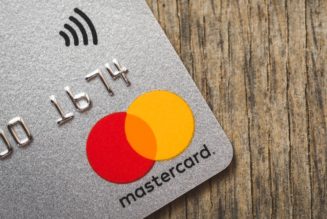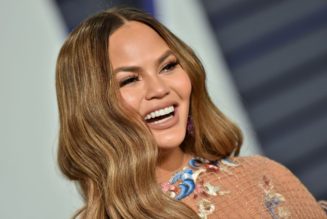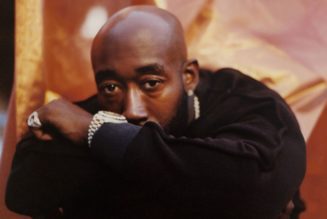
The longstanding 9.1 cent mechanical royalty songwriters and publishers earn for every song sold may be a thing of the past. On Tuesday (March 29), the Copyright Royalty Board agreed to abandon that mechanical settlement between music publishers, record labels and digital services for the sale of songs for the upcoming 2023-2027 rate period, giving way to a new battle over what the rate should be for physical and download sales.
The CRB judges’ decision came after receiving the settlement from interested parties in a motion to adopt it, as part of the overall rate-setting process, which also determines royalty rates for on-demand streaming. While the on-demand streaming rates are hard fought between digital services and publishers, with both sides racking up millions of dollars of litigation fees, the mechanical rates for sale formats since 2008 has been relatively easy because of a settlement negotiated at that time. Since then, that rate settlement at 9.1 cents per song— referred to as the subpart B configuration — has been carried forward in every subsequent rate period. Everyone has seemingly been fine with this except for George Johnson, the sole songwriter who has become a fixture as an objecting participant in the proceedings, alongside the National Music Publishers’ Association and the digital services.
The CRB judges proposed the rule, including that rate settlement, on June 25, 2021, which would have once again adopted the settlement rate of 9.1 cents per song or 1.75 cents per song minute — whichever is larger — in the 2023-2027 period. But a comment period on the proposed rule allowed others to weigh in on the proposed ruling, bringing in players like the Songwriters Guild of America, which also vociferously objected to the rate, and other songwriters groups.
Now that the judges withdrew the proposed rule and the 9.1 cent rate, that means all participants either have to come up with a new rate settlement on subpart B or the rate will have to be litigated, adding to the already costly rate determination process.
The motion to adopt the 9.1 cent rate settlement was endorsed by the NMPA, Sony Music Entertainment and UMG Recordings, as well as the Nashville Songwriters Association International. The proposed rule was reviewed over three comment periods, with the final one ending Nov. 22, 2021.
The NMPA’s stance on the rate, which has been in place since 2006, was that it would be inordinately expensive to litigate for a higher rate, since physical and digital downloads only comprise about 15% of the business. But others who advocated for a higher rate argued that the three biggest publishers have a conflict of interest in that they are owned by the three major record companies — which would have to pay the higher rate on all music sales, whether physical or digital downloads.
Nevertheless, the NMPA issued a comment applauding the CRB judges’ decision.
“We are encouraged that the Copyright Royalty Board is open to higher digital download and physical product rates for songwriters and music publishers,” an NMPA Spokesperson said in a statement. “While we continue to focus on fighting the largest tech companies in the world in the trial for higher digital streaming rates which make up the growing majority of songwriter income, NMPA and its members always support higher royalties that reflect the important contributions of songwriters. We appreciate the grassroots efforts of songwriter advocates across the country and we stand with those who are pushing for more equitable songwriter payments.”
SGA also said they were happy with the CRB Judges ruling. That organization, along with other songwriter groups including the Music Creators of North America had argued that the CRB should use the compounded increase in the “Consumer Price Increase for all Urban Consumers” since 2006 to raise the 9.1 cent rate commensurately to set a new higher rate for 2023 and continue to use that ratio each year going forward in setting the mechanical rate.
While SGA and many other songwriter organizations offered statements on the rate issue to the CRB during the comment period, which helped the judges make the decision, their withdrawal of the prosed rule is especially a triumphant moment for Johnson. This marks his first major victory in as the sole participant fighting against the 9.1 cent rate.
[flexi-common-toolbar] [flexi-form class=”flexi_form_style” title=”Submit to Flexi” name=”my_form” ajax=”true”][flexi-form-tag type=”post_title” class=”fl-input” title=”Title” value=”” required=”true”][flexi-form-tag type=”category” title=”Select category”][flexi-form-tag type=”tag” title=”Insert tag”][flexi-form-tag type=”article” class=”fl-textarea” title=”Description” ][flexi-form-tag type=”file” title=”Select file” required=”true”][flexi-form-tag type=”submit” name=”submit” value=”Submit Now”] [/flexi-form]










Tagged: business, Copyright Royalty Board, entertainment blog, mechanical royalties, music blog, Publishing